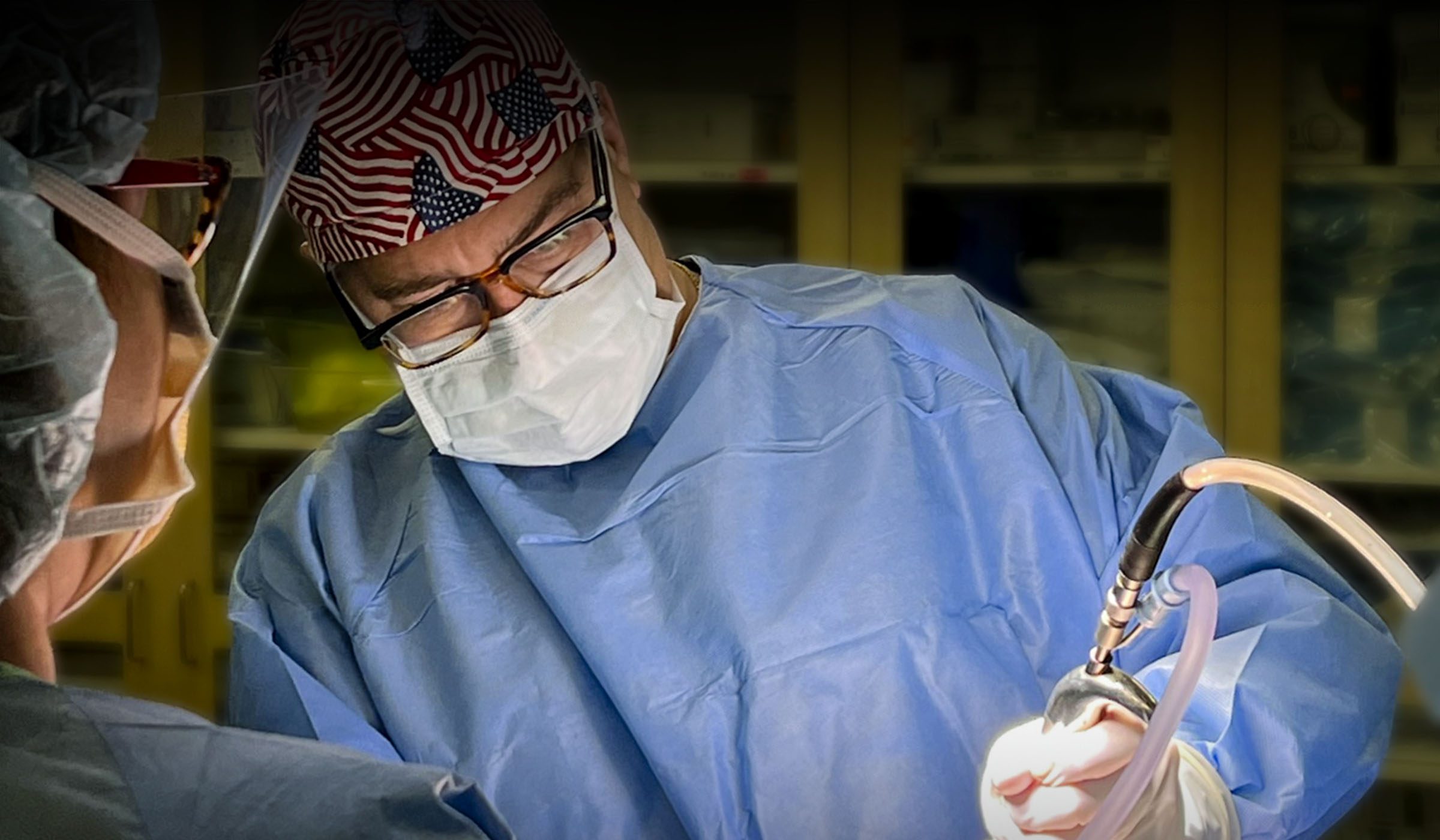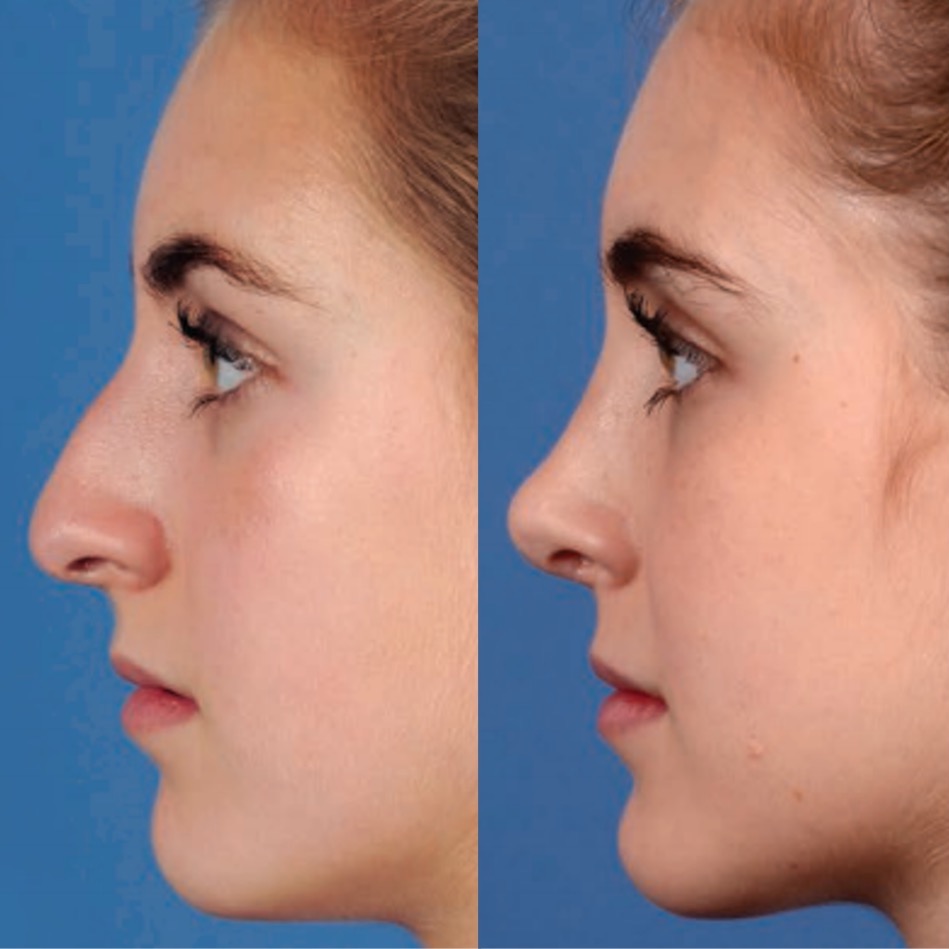A Deep Study the Common Reason for Looking For Plastic Surgery: Unpacking the Need for Modification and Self-Improvement

Social Pressures and Beauty Criteria
Regularly, societal pressures and dominating elegance requirements play a considerable duty in individuals' choices to pursue cosmetic surgical treatment (liposuction bellevue). In modern culture, graph heavily affects personal understandings of attractiveness, commonly perpetuated by media, star recommendations, and social platforms. These networks regularly promote idealized versions of appeal, leading individuals to internalize these requirements and review their self-worth versus them

In addition, these pressures are not restricted to certain demographics; they impact people across different ages, genders, and histories, highlighting the prevalent nature of beauty requirements. This extensive impact elevates crucial concerns about the ethics of plastic surgery and the effects of societal criteria on individual selections. Inevitably, recognizing these pressures is vital for promoting a more inclusive definition of appeal that commemorates variety.
Personal Experiences and Transformative Stories
Many people who undergo cosmetic surgery record transformative experiences that prolong beyond simple physical adjustments. For lots of, these treatments work as a stimulant for improved self-confidence and a renewed feeling of identity. Individuals often define feeling freed from long-lasting instabilities, leading to boosted confidence in both professional and individual worlds.
Take, as an example, the story of a girl who underwent breast enhancement after years of feeling self-conscious regarding her appearance. Post-surgery, she reported not only a newly found convenience in her body but also a considerable enhancement in her social life and occupation possibilities. Likewise, a middle-aged guy that chose to go through a renovation shared just how the procedure renewed his outlook on life, triggering him to go after brand-new passions and relationships.

Psychological Aspects Behind Plastic Surgery
Numerous mental factors add to the choice to undertake plastic surgery, showing deeper psychological and mental health and wellness factors to consider. Individuals frequently go after medical enhancements as a method to address sensations of insufficiency, low self-esteem, or dissatisfaction with their look. These psychological motivations can be rooted in past experiences, social comparisons, or personal goals.
Body image distortion is a widespread concern, where people view their physical features in an exaggeratedly unfavorable light. This distortion can cause compulsive ideas concerning viewed flaws, triggering the need for medical change as an option. In addition, the pursuit of perfection and societal pressures can amplify these feelings, pushing people towards cosmetic procedures in hopes of accomplishing an idyllic version of themselves.
Furthermore, the concept of self-improvement plays a critical role. Lots of people view plastic surgery as a path to boost their lifestyle, thinking that boosted look will certainly lead to raised social acceptance, much better relationships, or improved job possibilities. Ultimately, the emotional aspects behind cosmetic surgical treatment underscore the intricate interplay in between private self-perception and external impacts, revealing the diverse nature of the wish for modification.
The Duty of Media in Understanding
In today's culture, media plays a pivotal helpful resources duty in forming perceptions of charm and self-respect. Via different systems-- social media sites, tv, and advertising and marketing-- idyllic requirements of beauty are usually shared, affecting private desires and self-image. These portrayals regularly emphasize slim definitions of appearance, primarily featuring youthful, slim, and electronically boosted photos, which can create impractical criteria for people making every effort to adapt.
The impact of media is additional aggravated by the prevalent nature of social media sites, where users are bombarded with curated web content that highlights cosmetic enhancements, supporting a society of contrast. This constant exposure can lead to sensations of insufficiency among audiences, prompting them to take into consideration cosmetic surgery as a way of achieving the regarded perfect. Research suggests that people that involve with these media representations are more likely to reveal dissatisfaction with their appearance, strengthening the wish for surgical interventions.
Additionally, the normalization of plastic surgery in media narratives can desensitize audiences, framing such procedures as commonplace and even necessary for social acceptance. Therefore, the media's portrayal of appeal not only influences private options relating to cosmetic surgical procedure but also contributes to a wider societal discussion concerning self-regard and identification.
Moral Factors To Consider and Future Patterns
In the middle of the growing appeal of cosmetic surgical procedure, moral factors to consider surrounding the method have actually become progressively prominent. As the need for procedures increases, so as well do problems pertaining to informed permission, the psychological motivations of people, and the capacity for exploitation by cosmetic surgeons. It is essential for specialists to guarantee that individuals completely recognize the risks and benefits, as well as the effects of their selections, to foster a responsible approach look at here to cosmetic improvements.
Furthermore, the influence of social media sites and beauty standards increases concerns regarding the effect on psychological health and wellness, specifically amongst prone populations. As recognition of body image issues grows, honest technique demands a cautious examination of the inspirations behind surgical interventions. Surgeons should stabilize client wishes with moral obligation, ensuring that decisions are rooted in real self-improvement rather than societal stress.
Wanting to the future, trends may shift in the direction of non-invasive and technically progressed procedures, emphasizing individual security and contentment. In addition, the incorporation of mental examinations can assist address underlying concerns prior to medical treatment. The cosmetic surgery field need to adjust to these honest challenges while advertising a culture of transparency and self-acceptance, inevitably focusing on the wellness of people.
Verdict
In final thought, the quest of cosmetic surgery is influenced by a convergence of social link stress, individual experiences, and psychological factors. As honest considerations develop, future trends in cosmetic surgical procedure will likely reflect continuous social discussions bordering self-improvement and private identity.
Often, societal stress and prevailing appeal standards play a substantial role in people' decisions to go after cosmetic surgical treatment. liposuction bellevue. Inevitably, these transformative stories highlight the multifaceted factors individuals look for cosmetic surgical treatment, intertwining personal growth with the pursuit of aesthetic improvement
Several people view cosmetic surgery as a pathway to boost their high quality of life, believing that enhanced look will lead to boosted social acceptance, far better connections, or improved job chances. Inevitably, the psychological elements behind cosmetic surgery emphasize the complex interplay in between specific self-perception and external influences, disclosing the complex nature of the need for adjustment.
As ethical considerations develop, future fads in cosmetic surgical procedure will likely show continuous societal dialogues surrounding self-improvement and private identity. liposuction bellevue.